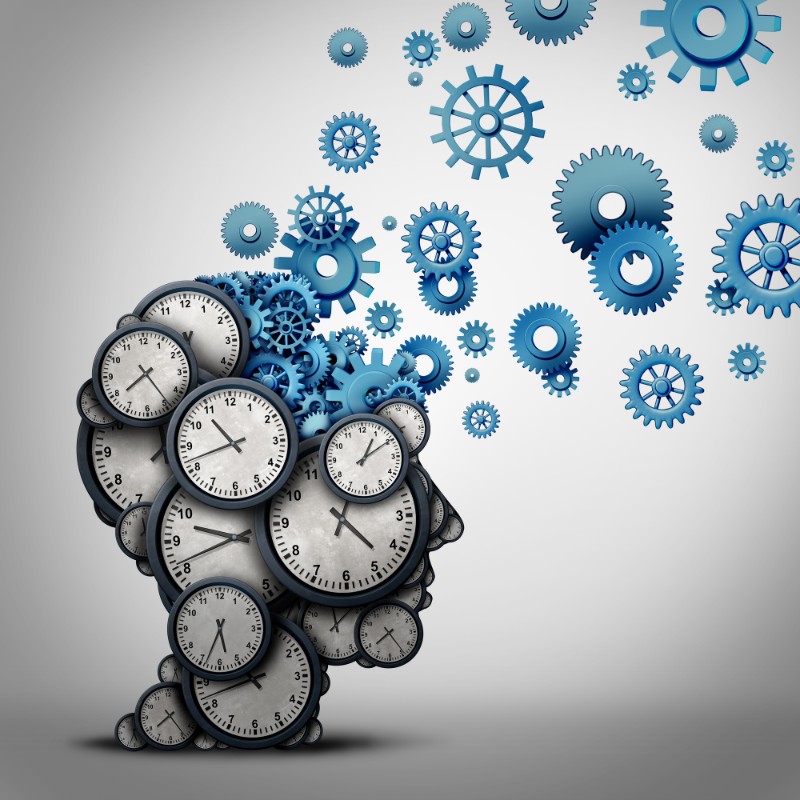16 Essential Tips for Data Centers
 It's one thing to know how to manage a business and another to understand the intricacies of running a data center. Here are all the tips you need to succeed!
It's one thing to know how to manage a business and another to understand the intricacies of running a data center. Here are all the tips you need to succeed!
If you manage a data center, you know that everything has to be done just right. Proper data protection and management are crucial if you want to keep your business up and running.
Whether managing data is old hat or you're new to the game, there's always something to learn. Continual improvement is key, especially since you need to keep up with how data changes as technology advances.
Knowing how to manage a business is crucial if you want to keep your operations running smoothly. To help you do just that, we've created this handy list. Here are 16 essential tips for keeping your data center in tip-top shape.
1. Use Temperature as an Organization Guide
You likely have many different servers and mainframes in your data center. The different data devices you store will have different needs when it comes to temperature.
Since these different needs exist, use them to guide your organization. Group devices with similar temperature needs together. That way you won't run the risk of some getting too hot or too cold because they're placed incorrectly.
2. Follow Instructions
All your equipment will come with instruction manuals. These aren't thrown in for no good reason. Make sure you consult them often.
Instruction manuals tell you how to properly care for and maintain your equipment. Don't assume you can care for one but of hardware the same you do for another. Make sure you know the specific instructions for each one to keep everything running as well as possible.
3. Practice Good Leadership Skills
Don't forget that you're managing people as well as equipment. While you may manage a data center, there are employees involved as well.
As in any other managerial position, you should make sure you're learning and employing good leadership skills. If you haven't been in a leadership role before, seek the training you need to be a good manager over the people you'll be working with.
4. Document Everything
Every time you perform maintenance, software or hardware updates, or fixes, write it down. All these changes should be tracked.
Keeping this information in a written record helps you remember what's been done and when it was done. This tells you when certain tasks need to be done, or it may help you track down the source of a problem.
5. Keep Your Center Clean
Your first reaction may be "What? I'm not a maid!" but in reality, you are. You have to keep your data center clean.
Why is this so important? Because dust can cause problems. Air needs to be able to flow well in and around your equipment. Otherwise overheating may be a regular problem you'll have to deal with.
Help your equipment last longer by regularly dusting. Set up a schedule if you need to-it's that important.
6. Get to Know Your Employees
To be an effective manager, you need to get to know your employees. Don't be so focused on the data and equipment that you fail to build relationships with those you work with.
Take time to get to know each employee. Find out their interests and strengths. Help each one grow in their career as much as you can, maybe even giving some of them leadership opportunities.
A good leader helps those he leads, so don't forget that very important part of your role as center manager.
7. Ensure Security is Up to Par
Protecting the data you manage is paramount, whether it's master data or customer information. To do this, you'll need to have adequate security measures in place.
Secured lockers, locked rooms, cameras, partitions, and more can be used. Make sure the only people to enter the data center are the ones who should be there.
Don't only focus on physical security. All passwords and access to files should be regularly updated or monitored as well.
8. Reduce Clutter
The less mess you have, the easier it will be to manage your data center. Make sure all employee items are cleared away and no garbage or unneeded items are encumbering the space.
Cords can be major culprits when it comes to disorder. Store cords in a way that keeps them untangled and easy to clean.
9. Label all Cords
Speaking of cords, make sure you label them. Every single one. Don't run the risk of using the wrong cord with the wrong device.
Labeling cords helps keep your data center clean, and it makes sure you know exactly where every cord belongs.
10. Test Equipment Regularly
Your data center holds many pieces of equipment that need to run flawlessly. These may include power generators, routers, and batteries. Check up on these items often.
There will come a time when you need to rely on your backup generator. What if it isn't functioning properly? This could result in a major problem, so take the time to make sure it's running smoothly before you need it.
11. Check Facility Functions
Along with making sure your equipment is running correctly, you should also make sure your facility is functioning well. This means checking doors, alarms, and more.
All doors should open and close properly. All locks should function well and should not be easy to compromise.
Check emergency exits-do the alarms sound when they should? How's your climate control? If any of these things aren't functioning properly, make sure they're fixed immediately.
12. Create a Quarantine Area
When bringing in new equipment, it's important to not let anything in that shouldn't be inside your data center. You can help facilitate this by creating a quarantine area.
Your quarantine area should just outside the area where your data is stored. Use materials in your quarantine area that resist static and corrosion. Make sure the area is cleaned every day.
Unpack your new equipment in your quarantine room to make sure you're only taking things into your data center that should be there.
13. Prepare for Potential Situations Ahead of Time
A good leader is prepared when disaster strikes, so make sure you plan ahead for when problems may occur. Think of issues that may arise, both small and catastrophic. How would you react in each situation?
Consider events like security breaches, outages, equipment failure, and servers being hacked.
Create a plan to follow, and refer to it often if needed. Then, if disaster strikes, you'll be more organized and better able to handle the issue and lead your team.
14. Always Keep an Eye on Temperature
It's imperative that you keep designated areas of your data center at the right temperature. Hot areas need to be hot and cold areas need to stay cold. Otherwise, your equipment may get damaged.
Constantly monitor the temperature of all temperature-specific zones. This doesn't mean you have to stare at a thermometer all day. Electronic monitoring can be done as well.
Set up a system that will alert you when the temperature goes above or below what it should be. To make sure everything is working properly, regularly maintain your heating and cooling system while you're checking on the rest of your facility's functions.
15. Make Sure You Have Enough Power
You'll need a lot of power to run a data center. If your building doesn't have enough power, you run the risk of short-circuiting or running into other problems.
Ensure your building has an adequate amount of power and that the power is used in a strategic way. Make sure you aren't plugging too many things into a power strip that can't handle that much power. The same idea applies to walls and other power outlet holders.
Too little and too much power both lead to problems, so make sure your building is properly equipped.
16. Plan Ahead When it's Time to Move
If your data center needs to change locations, the job will take a lot of planning. Moving your data may even take more planning than simply manage it, so know what you're getting into when a move is planned.
Ensure your new location is properly outfitted to hold your data and equipment and that all power and temperature needs are addressed. You'll also need to plan for safe transportation of all your equipment. Hiring a data relocation specialist may be your best bet.
How to Manage a Business: One Step at a Time
When learning how to manage a business, you won't learn everything at once. Try your best to learn the ropes quickly, though, so things will go as smooth as possible.
When managing a data center, there are many things to keep in mind. They'll soon become second nature to you, but until then, keep this list on hand. As you do, your equipment and facility will be properly cared for.
Getting rid of unneeded equipment and data is part of regular data center maintenance. Click here to learn more about it.
